There hasn’t been a newborn baby in my home for a while. My son, Ben, turned 15 last May. While feeding a teenager healthy, unprocessed food has its own host of issues, I’ve been thinking a lot about babies again. No, I’m not expecting. You see, in less than a month, I will be an uncle. My brother and his wife are due right around Thanksgiving, and our whole family is excited. But it has me thinking–what exactly is in some of this stuff we feed our babies?
Ideally most newborns and infants are breast fed. Sometimes, however, things just don’t work out. I remember the challenges “we” had breastfeeding our son. If it wasn’t for the sheer determination of Ben’s mom, it just wouldn’t have happened. But if you have to use formula, what’s really in it? So I decided to check in with two of the leading formula manufacturers–Nestlé who owns Gerber, and Mead Johnson who owns Enfamil.
Nestlé, the world’s largest food company, has a quite a long and notorious history with manufacturing and selling baby formula. In the 1970’s its formulas (and the entire company) met a widespread boycott after it was revealed that Nestlé’s aggressive promotion of formulas was endangering infants in less economically developed countries. After weathering that storm, years later Nestlé bought Gerber to increase its global share of infant and baby feeding products.
When you look at infant formula labels, you quickly realize why breastfeeding is best. Simple and easy to understand ingredients? I don’t think so. But surely care is taken to prevent infants from exposure to growth hormones and GMOs? So I emailed Gerber to find out.
In my first attempt to answer this question, I received this following response:
Gerber has many products that use ingredients that are not made from GM crops. However, for some ingredients there are no non-GM options available as a result of the way crops are grown and harvested and how our raw material suppliers process their ingredients. All GM crops are reviewed by the FDA to make sure they are safe and nutritionally equivalent. If you have further questions, please don’t hesitate to call us @ 1-800-255-2164. We’re here 24/7.
Did they answer my question? No, not really. And I challenge the accuracy of their line “for some ingredients there are no non-GMO options available.” After several additional emails from me were ignored, I called Gerber’s 1-800#. Finally, after a long round-about conversation, the representative confirmed that their formula most likely contains GMOs and is made with dairy products from cows treated with rBGH growth hormones. In the image above I’ve highlighted ingredients in Gerber’s Good Start formula that most likely are from GMO crops or cows treated with rBGH (you can click on the image to get a better view).
When investigating Enfamil, I decided to save some time and simply called Mead Johnson vs. emailing them. After putting me on hold briefly, a customer support representative answered with the whole FDA spiel about these products being safe, but then went on to confirm that their formulas contained ingredients from GMO crops and cows treated with rBGH. Again, I’ve highlighted suspect ingredients on their label.
So what’s a parent to do? Are there non GMO/rBGH options? Undeterred, I decided to look at organic baby formulas. Surely, these have to be better, right? While these formulas are “clean” with regards to GMOs/rBGH, I discovered another issue that’s found in almost all commercially available non-organic AND organic formulas. You see, in a quest to replicate the naturally occurring DHA/ARA fatty acids present in breast milk, manufacturers fortify their formulas. That’s good, right? Well, maybe not. As a January 2008 Cornucopia Institute article entitled “Replacing Mother – Imitating Human Breast Milk in the Laboratory” reports:
…some infant formulas contain DHA- and ARA-containing oils that are novel foods–extracted from laboratory-grown fermented algae and fungus and processed utilizing a toxic chemical, hexane. These algal and fungal oils provide DHA and ARA in forms that are structurally different from those naturally found in human milk…
These oils are produced by Martek Biosciences Corporation and appear to be added to infant formula primarily as a marketing tool designed to convince parents that formula is now ‘as close as ever to breast milk.’ Substantiating this thesis is a Martek investment promotion from 1996, which reads as follows: ‘Even if [the DHA/ARA blend] has no benefit, we think it would be widely incorporated into formulas, as a marketing tool and to allow companies to promote their formula as ‘closest to human milk’.’
Furthermore, the Cornucopia Institute has exposed that many manufacturers further violate the Organic Foods Production Act by adding synthetic preservatives. So even when choosing organic formulas, you may need to dig even a little deeper. Here’s a handy guide from the Cornucopia Institute that reveals potential DHA issues across all forms of baby foods and formulas. According to this guide, Baby’s Only Organic is the only formula that doesn’t use the Martek’s DHA/ARA blend. Instead it uses fatty acids that are derived from egg yolks. You can learn more about Baby’s Only Organic formula options on their website.
Stay tuned for Part II of this segment on Baby’s First Encounter with Big Food where I’ll take a look at how the snacking habit starts.
As always, thanks for visiting my blog. If you haven’t had a chance to check out my book, Fat Profits, you can download your FREE chapter here. With the holidays just around the corner, Fat Profits may be the perfect gift idea–an entertaining thriller that also gets people asking the question, “do I really know what’s in my food.”
Finally, if you’re new to my blog and you’d like to learn more about the tricks, traps, and tools Big Food uses to get people eating more processed food, please subscribe for the latest updates.
To read Part II of Baby’s First Encounter with Big Food, click here.
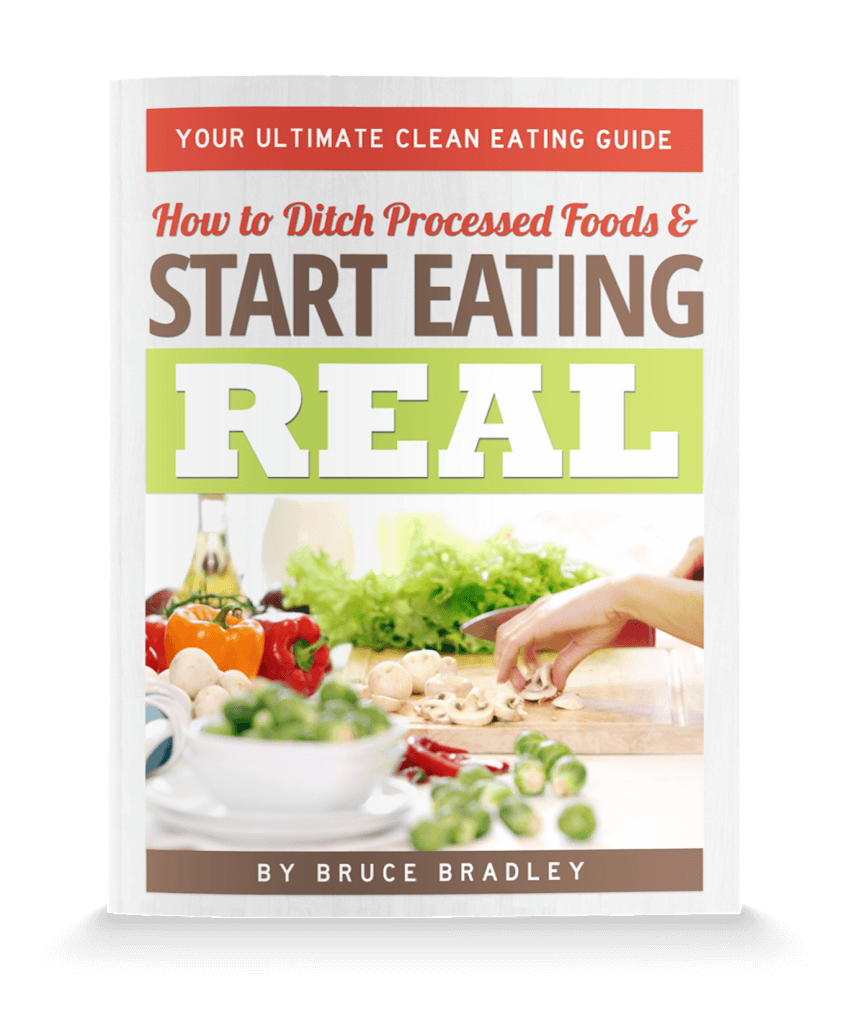
GET MY FREE BOOK NOW!
End the confusion! Learn what’s really in your food and how to take simple steps toward eating healthier!
EAT HEALTHIER TONIGHT!
If you enjoyed this article or recipe may I ask you a favor? Please share it with a friend. Why? Because together we can make a difference and help each other live happier and healthier lives. Thank you!
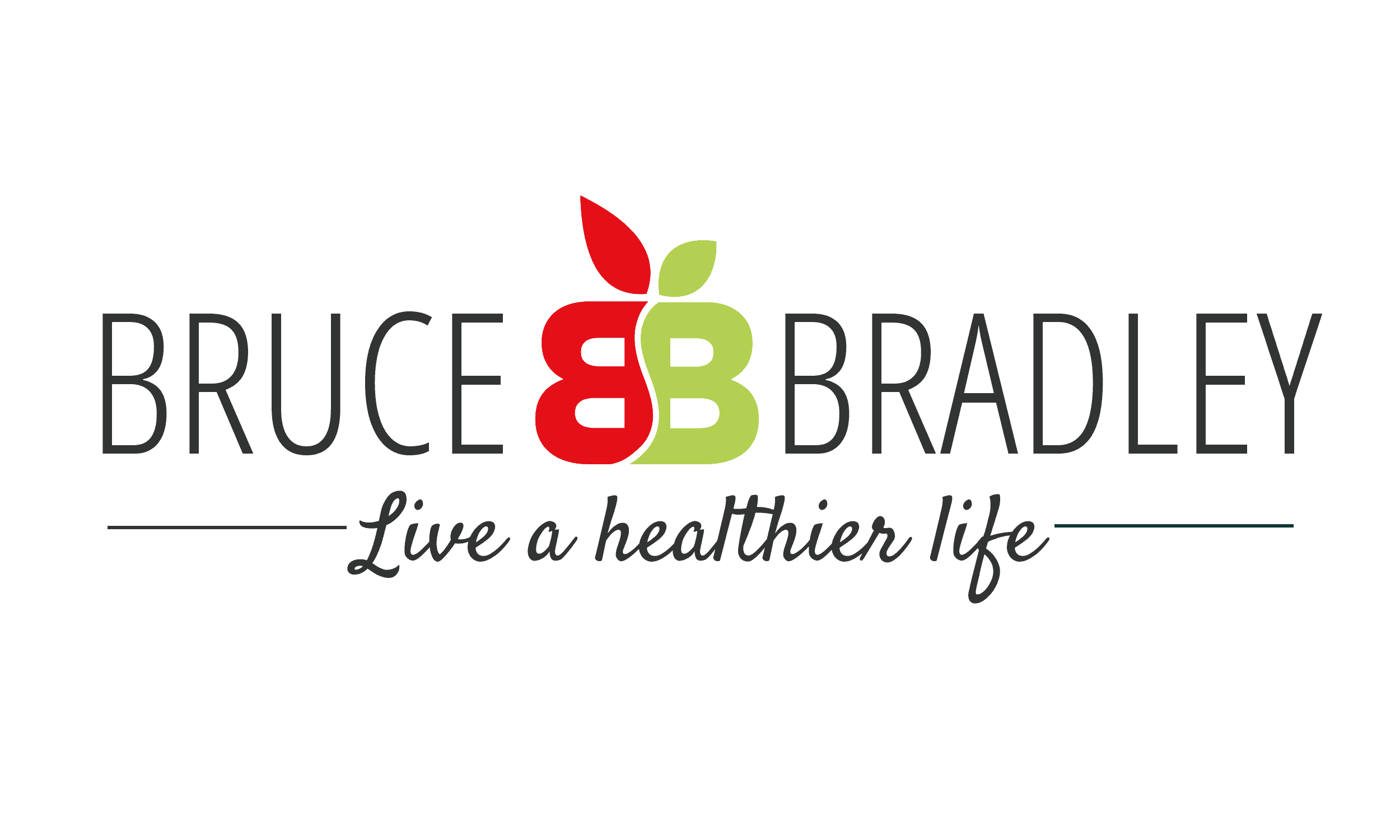
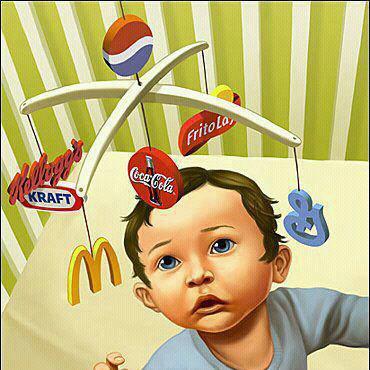
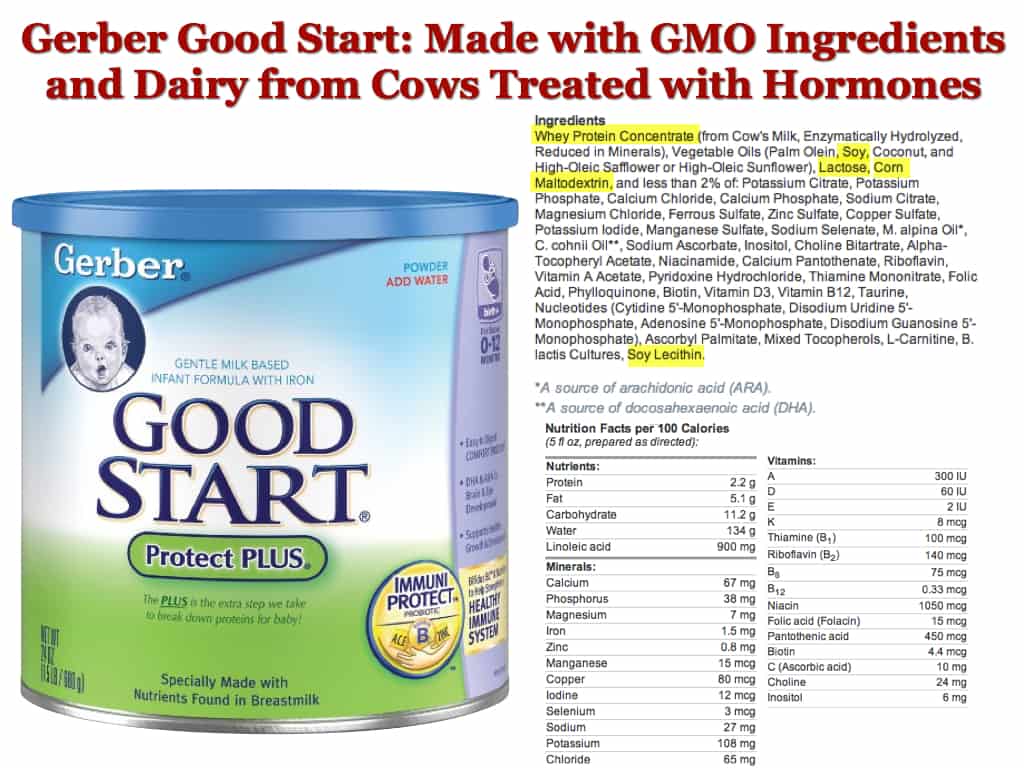
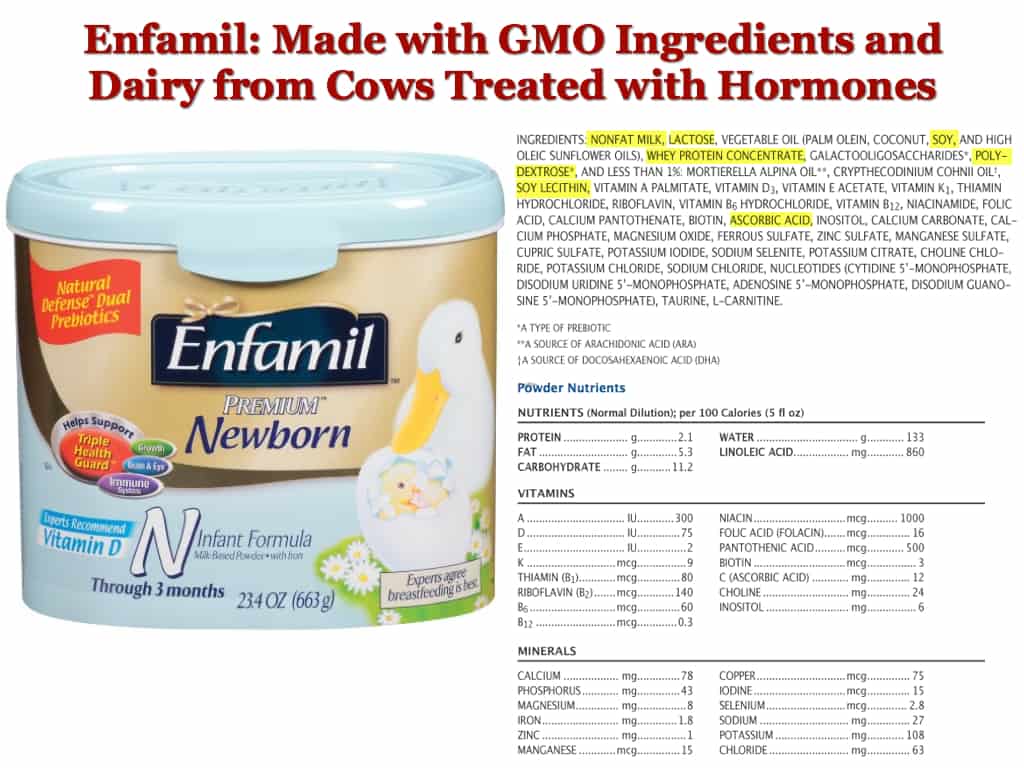

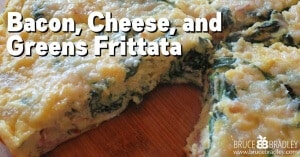
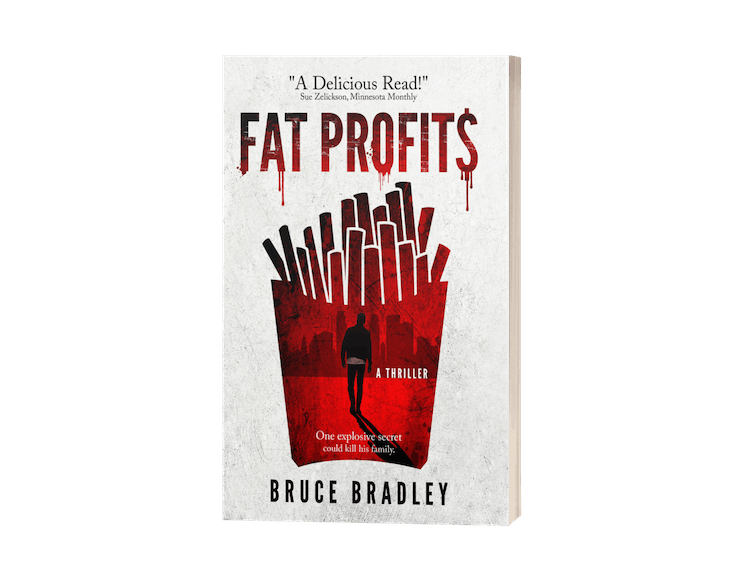
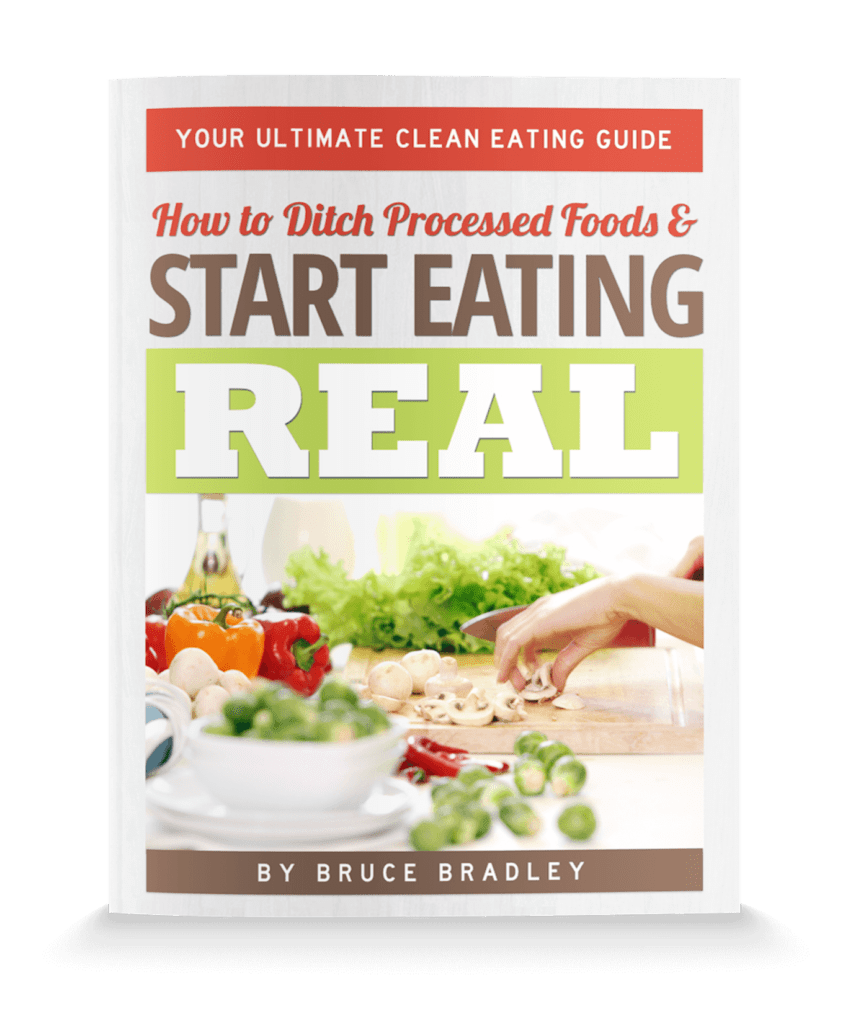
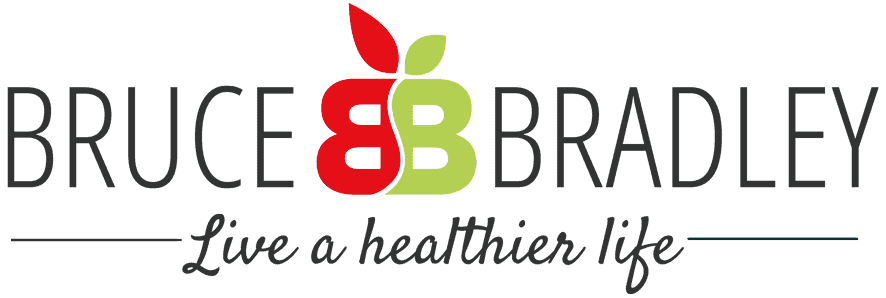
28 Responses
I recently picked up a container of powdered baby formula at Costco just out of curiosity to look at the label…and it had taurine in it! Craziness! Why don’t we just feed them energy drinks so they can Party Like a Rock Star?? Good grief….I have an amish cookbook with recipes for homemade formula…I have nursed 2 kids so far, but if I was unable to breastfeed, I’d probably do something like that. Not everyone is able to breastfeed, and sometimes if people don’t have good information or good support it doesn’t make sense for them (even if you and I and their local La Leche League leader know they probably *could* do it as only something like 3-5% of women are actually medically unable to breastfeed) and crunchy smugness and condescension are not helpful in those moments. The best path seems to be to offer information without judgment as much as possible. Please note I am not calling /you/ smug or condescending, but as a mom of young kids I have watched this particular discussion degenerate into judgment and defensiveness just way too many times…
You clearly don’t know what taurine is…..and probably fail to realize that natural breast milk contains it in large quantities. Taurine is an amino acid is necessary for brain development…thus why you find it in formula.
Hi Bruce –
I appreciate your blog and, in particular, I appreciate your recent foray into the world of infant formula. I’ve been studying it for some time, so I thought I’d offer some observations.
You mentioned the Nestlé boycott, but in a way that suggests its long gone. In fact, the boycott is alive and well. See http://info.babymilkaction.org/nestlefree
You focused on GMO ingredients. That is a matter of concern, but not the biggest one. While there might be harm attributable specifically to GMO components, there are many other types of harms, many that pre-date GMOs, that are well documented on the basis of careful studies. The World Alliance for Breastfeeding Action has a poster summarizing the evidence, available at http://waba.org.my/pdf/21dangers-jun2012.pdf They are talking about serious science, not the speculations of a few looneys.
As for “the whole FDA spiel about these products being safe,” my recent book on Regulating Infant Formula (Amarillo, Texas: Hale Publishing, 2011) shows that FDA does very little to ensure the product’s safety.
I’m glad you raised the DHA/ARA issue. I expect a study of mine on “Regulating DHA in Infant Formula” will soon be published in the online International Breastfeeding Journal. It shows that the FDA does not ensure its safety.
Safety is not all that matters. We should also be concerned with nutritional adequacy. I explain this in detail in “The Nutritional Adequacy of Infant Formula.” Clinical Lactation, Vol. 3, No. 1 (2012), pp. 21-25. http://www2.hawaii.edu/~kent/NutritionalAdequacy.pdf
Apart from safety and nutritional adequacy, there are good reasons to be concerned about overweight. Overweight is largely due to the increased consumption of processed foods. For many people, their first processed food is infant formula. There is considerable evidence that using infant formula contributes to overweight in children and in the adults they will become, but that contribution is systematically ignored. I have a commentary on this in “Ultra-Processed Products: The Trouble Starts with Baby Formula.” World Nutrition. October. Vol. 3, No. 10, pp. 449-455. https://worldnutritionjournal.org/index.php/wn/article/download/708/596
I am delighted that you pointed out some of the issues relating to the quality of infant formula and the quality of regulation. The situation is even worse than you have suggested.
Aloha, George Kent
Thanks for sharing your comments, Kent. I really appreciate it. I haven’t worked in the baby formula category, so I don’t have much experience with it. But when I saw some of the stuff going on, I thought it would make an interesting post. Your perspective and comments make it even better.
Regards,
Bruce
Just saw a commericial for pediasure sidekicks– some kind of shake for adolescents being promoted as a help for an uneven diet. It is mostly sugar. The website even has a FAQ in which they explain why it has sugar. Who are the pediatricians recommending drinking sugar instead of eating vegetables for fiber?
http://similac.com/for-toddlers-and-kids/pediasure-sidekicks
Meredith:
I totally agree. I really am shocked with what is in this aisle of the grocery store. And you’re right, who are these pediatricians who endorse these highly processed pseudo milkshakes. UGH!
Thanks for your comment.
Bruce
I came upon your blog while looking for infant formula alternatives. My husband and I take in foster babies…mostly out of the nicu and having been drug exposed and born prematurely. Formula is my only option for them, and I don’t have much choice in what formula we feed them, as we have to go off of what the doctor recommends, since the babies are in county custody. We have adopted three of the babies, and it breaks my heart that I’m forced to feel them something so toxic. I will continue my search, but I wanted to say that I appreciate your attention to this important topic!
Thanks for your comment, Candace. From my research, Baby’s Only Organic seems like the best choice. It sad that you are forced to use what some doctor orders. I’m wondering if you shared with the doctor some of the concerns pointed out here and in the links above if he/she might listen and recommend a better formula?
Thanks for visiting my blog and for leaving a comment.
Bruce
I plan on sharing my concerns with pediatrician for our next baby. Often, I am patted on the head and told about how everything is safe (I have many concerns when it comes to medicine and children). But perhaps I can shop around for a pediatrician who will side with me.
Finding a pediatrician that treats our concerns with respect is essential. Even if your pediatrician may disagree, acting dismissive isn’t right.
I feed my son a goat milk based formula, he loves it. I tried it before giving it to him and my boyfriend says it tastes very similar to breast milk compared to formula. It is made out of organic oils, water, vitamins, goat milk powder, probitic, agave nectar for carbs, and molasses. He has been on the goat milk exclusively since he was 5 months old and he is a very healthy boy. No sign of malnutrition. He is so smart, too. Saying his first word before 8 months old.
Thanks for your comment, Rachel. Glad you’ve found an option that has helped your son thrive!
Cheers!
Bruce
I’m also a Foster-Adoptive mom, I go through a lot of formula. I was looking at this brand you’re recommending and am seeing other people posting concerns about arsenic levels in brown rice syrup (in this formula and other organic brands). Any info on that?
I’m traveling right now, so I can’t post the link right now, but the formula was cleared by Consumer Reports. I will try to post the links later tonight or tomorrow.
Hi Bruce —
You believe that clearance by Consumer Reports would confirm ….what? If the Food and Drug Administration does a poor job of establishing formula’s safety and nutritional adequacy, what could we expected from Consumer Reports?
Aloha, George
That’s a good thing to consider also. But from the website, it looks like the Baby’s Only Organic formula is only for babies over a year old – Toddler Formula. Hmmm…
I have read in many places that this formula is perfectly fine for infants, but is called a toddler formula to promote breast feeding.
Beth:
Here’s additional information about how Nature’s One has addressed the issue about possible arsenic contamination in the brown rice syrup used in their formula.
Thanks,
Bruce
Nature’s One arsenic levels ‘undetectable’ – US consumer watchdog
Organic Brown Rice Syrup Concerns
I see that ascorbic acid is highlighted as a suspect ingredient. Can you explain what is bad about ascorbic acid? I believe it is vitamin C? I am wondering because I see it in a lot of organic products, including organic baby food.
Ascorbic acid is made from glucose. A common source of glucose is corn … most corn is GMO. So while ascorbic acid is not necessarily GM, it can be. Ascorbic acid in organic products is made from non-GMO raw materials.
Hope this helps.
Yes, thank you very much!
Reading this information makes me even happier that we stuck it out with breastfeeding. It is so scary what some companies think is okay to put in formula and food designed for infants.
Great job with this article Bruce! As an expecting mother, you confirmed my reasoning for deciding to breast feed. Keep up the good work!
Yolanda
Glad you enjoyed the post, Yolanda. If breastfeeding is possible, it is best. And while there are some good formula options out there for mom’s who can’t breastfeed, the majority of the big brands are “formula” in every sense of the word.
I am interested in knowing which milk then is best for newborns that have no process it it or chemicals but beneficial for the baby.
Hi Jennifer! Do you mean which type of milk or which type of formula?
Can u please check out a toddler formula called frisolac gold 3 and let me know if its healthier than nestle good 3 im beary concerned about what toddler formula to give my babt. P.s. i live in pvr mexico.thx.
I’m not an expert in Mexico or their labeling laws, but I believe many of the same labeling issues exist there as in the United States. This means most of the popular brands of formula in Mexico probably contain ingredients made from GMO crops and cows treated with growth hormones. If you’re looking to avoid these potential ingredients, try looking for an organic brand of formula.